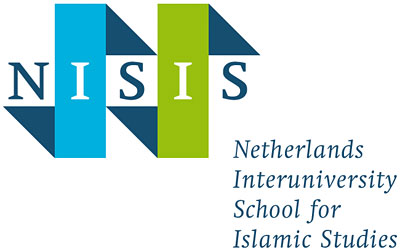Uncategorized
Call for papers NISIS Autumn School ’24: ‘Shiism and Sectarian Identities from Pre-Modern to Modern Islam’
Applications to present are closed, but if you wish to join the audience, you can register HERE.
The rift between Sunnis and Shiʿi, which takes its origins in the debate about the succession to the Prophet Muhammad, is one of the oldest fault lines in Islam. Since then, Sunnism and Shiism have developed and crystallised into what they are today: broad and diverse traditions. Despite their many commonalities, they differ in far more respects than just the early question of succession of the Prophet.
Expressions of Shiism in all its diversity – including Twelver Shiʿi, Isma‘ilis, Zaydis and many others – as well as manifestations of Shiʿi’s relations with Sunnism can be found throughout both pre-modern and modern Islamic history in law, theology, Qur’anic exegesis, spirituality, rituals (including pilgrimage and daily conduct), gender relations, the economy and politics. Moreover, while the map of Shiʿi communities has been very dynamic for centuries, more recent trends of migration, globalisation, and conversion have ensured that Shiism is even more widespread today, including in Western countries.
The academic study of Shiism and its relations with other Muslim and non-Muslim communities has corrected certain assumptions about these subjects, such as that the sectarian rift is all about the succession to the Prophet or that sectarianism is the overarching explanatory factor in various conflicts. The latter has been particularly prevalent in recent geo-political conflicts involving people explicitly identifying as Shiʿi. The civil war in Iraq, sectarian violence in Syria, the clashes between Hezbollah and Israel, and the military activities of the Houthis in Yemen and the Red Sea are only a few examples from the past few decades, years, or even months. While it is doubtful that these conflicts can simply be explained along sectarian lines or by merely pointing to the Shiʿi identity of one of the parties involved, these examples do show why Shiism and sectarian identities continue to be subjects of interest to people working in academia and beyond.
The convenors of this Autumn School, organised by the Netherlands Interuniversity School for Islamic Studies (NISIS) in collaboration with the University of Leiden, call for papers on all the diverse aspects of Shiism and sectarian relations. Relevant sub-themes include (but are not limited to) those mentioned above, ranging from pre-modern to modern Islam and from the majority-Shiʿi regions in the Persian Gulf to Shiʿi minority communities elsewhere (including in the West). Papers may take a text-based approach, have their roots in ethnographic fieldwork, be based on political theory, or take another academic approach toward the overarching subject of the Autumn School.
The NISIS Autumn School ’24 is a collaboration with Leiden University.
Confirmed speakers:
- Kate Pukhovaia (Leiden University/ Utrecht University)
‘Shi’i State Building’ - Yusuf Unal (Utrecht University)
‘Shiʿi Identity in Pre-Modern Islamic History’ - ‘Liana Saif (University of Amsterdam)
‘Shi’i Esotericism and Antinomianism’ - Ahab Bdaiwi (Leiden University)
‘Reassessing Early Islam: The Worldviews of Imams Muḥammad al-Bāqir (d. 676) and Jaʿfar al-Ṣādiq (d. 767)’ - Joseph Alagha (Haigazian University Beirut; online)
‘Shi’i Politics and Sectarian Identities’


